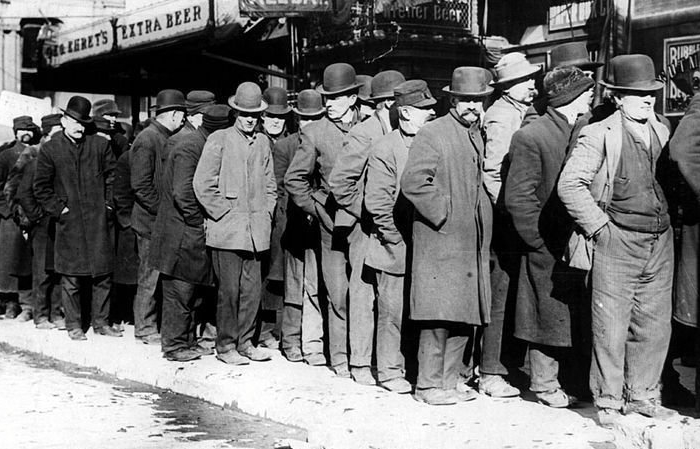Why Are We So Scared And Impatient?
This op-ed by Barbara Anthony appeared in WGBH News on March 26, 2020.
Recently I overheard a dad in a local playground complain that his kids couldn’t play tag with other kids anymore. He asked, “what will they prohibit next?” His complaint got me thinking.
I thought back to my mom telling me about food and materials rationing during World War II. She went on about her mother standing in line with a ration book to get lard (what’s that?) and something that tasted like coffee, cheese, and something that looked like meat. Your ration card was your destiny.
Then at night, her family had to draw the shades or shut off all the lights. They lived in Revere near the water and the threat of enemy attack was a constant in their lives. In fact, there were Nazi submarines that came quite close to the east coast. During the day everyone who could work was working in factories that were converted from producing civilian to war time goods.
I thought about my mom, Natalie, and my dad’s mom, Elvira, in Boston’s North End, not knowing how husbands and sons were doing in combat thousands of miles away. They didn’t know what life held in store from one day to the next. And that lasted for years — not weeks or months. My dad could not come home for his dad’s funeral. There were no flights out of Normandy to Boston.
Then I thought about the stories my mom told me about the Great Depression. How poor her family was; how getting an orange for Christmas was a big deal. And how long that went on for.
Then I thought about how bad tempered I am lately because I can’t go out. I have to stay home in my lovely condo with all the amenities to keep my partner and me safe. Then I thought, “What a jerk!” (And also about the guy in the playground and his annoyance over tag games.)
I think one reason we as Americans are so scared and impatient about being forced to stay at home is that there are so few of us who experienced the sacrifices of World War II or the Great Depression. Those who did are no longer with us to offer courage, perspective and guidance through our tribulations.
I’m not suggesting that the situations are the same. Notwithstanding rationing and daily anxiety about the life or death of loved ones, people had incomes coming in during WWII. The economic hardships resulting from the coronavirus are substantial and relief is not yet in sight. But during the long years of the Great Depression, there were no jobs and financial anxiety, with all its vagaries and consequences, prevailed. These are the hardships and anxieties that confronted many of our parents and grandparents.
Very few of them are here to give our leaders and all of us courage and a sense of perspective. In modern times, there had never been a world-wide depression before the Great Depression; there had not been such a world war before WWII. There was no playbook on how to navigate them. Yet our parents and grandparents survived – and many even thrived.
Although we are deprived of their personal experience and guidance, we can still learn from their courage and strength and put our own complaints about lack of social contact in perspective. That said, the loss of income confronting many Americans right now is very real. We as a people, through our governments, must help to alleviate their hardship. This is the most challenging part of our current crisis. Can we protect the public health and protect good people from economic deprivation? I think our parents and grandparents would say stop whining and get to it. We can do it.
Barbara Anthony is Senior Fellow in Healthcare at Pioneer Institute, a Boston-based think tank.



